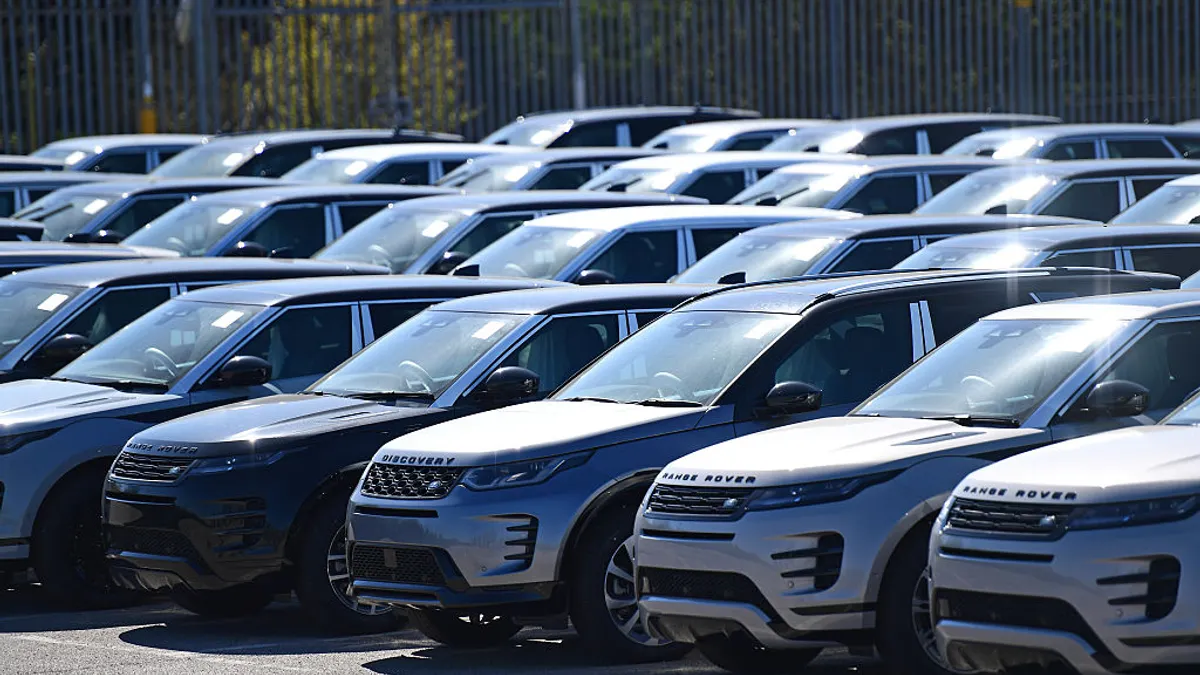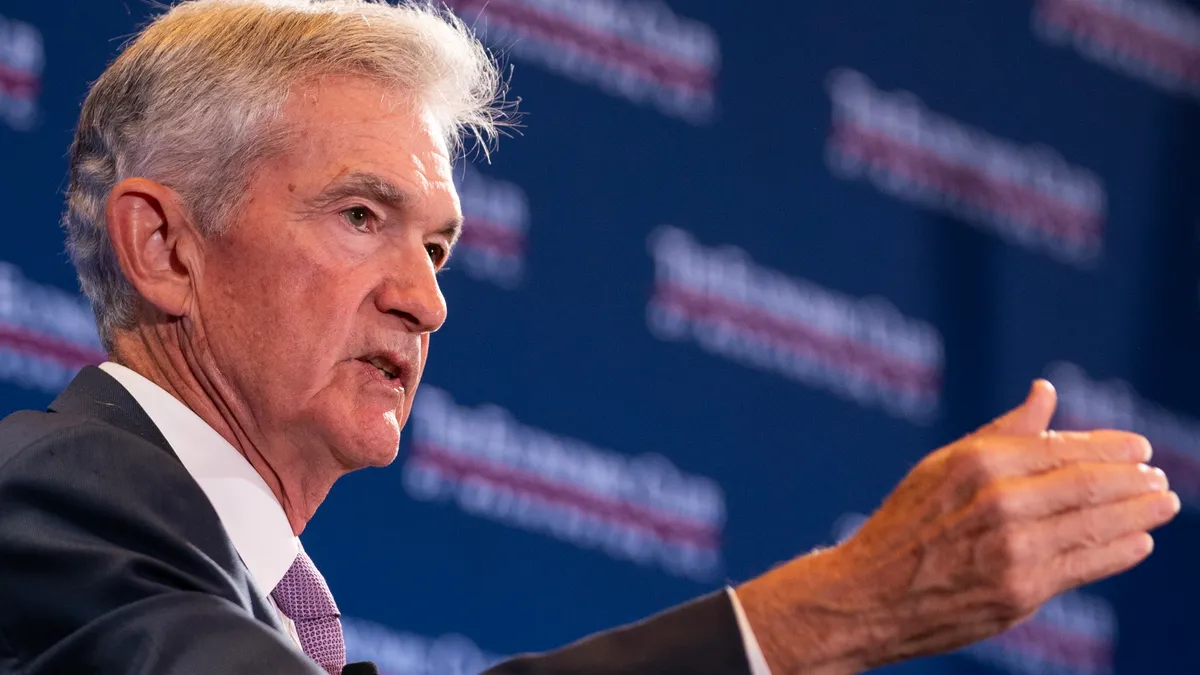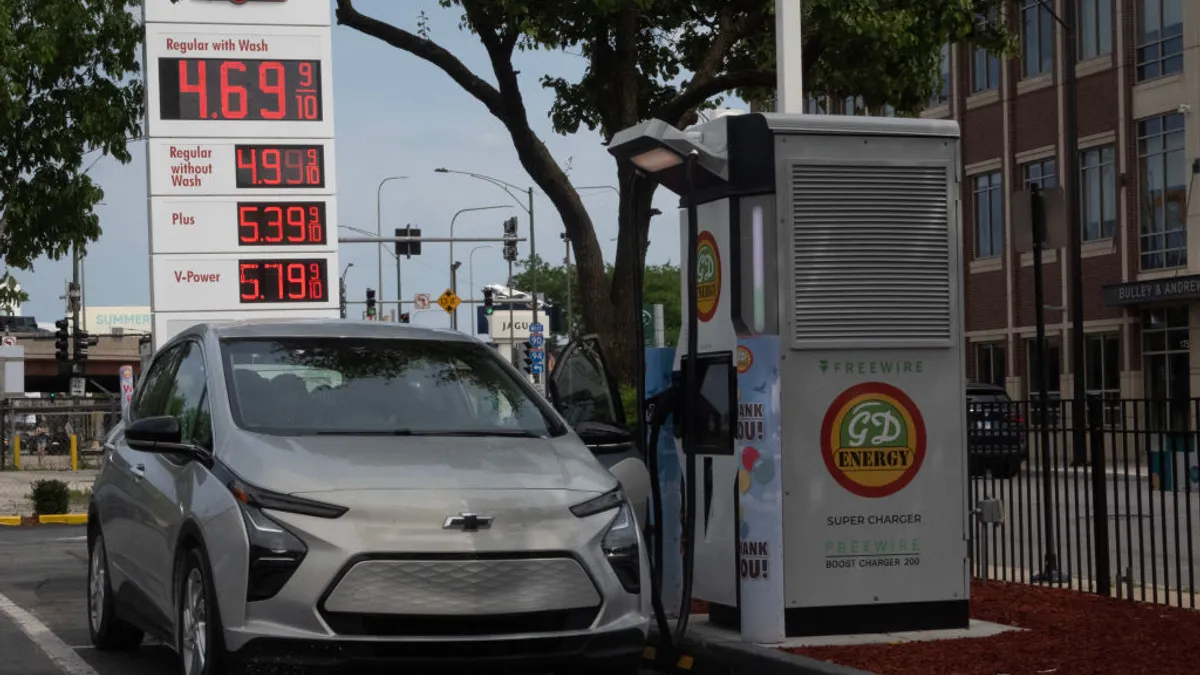Starting in 2025, the Dutch city of The Hague will ban advertisements for internal-combustion-engine vehicles, making it the first European city to legally prohibit commercial promotion of fossil-fuel-related goods.
The ban, covering public spaces such as billboards, roadside signage, bus shelters and transport hubs, includes air and cruise travel advertisements, although products linked to natural gas, crucial to the Dutch economy, are exempt.
The move follows the adoption of the European Green Deal by the Council of the European Union early this year, prompting many cities to advance their environmental agenda targeting a reduction in the exposure and sales of ICE vehicles.
ICE Advertisement Ban: A Growing European Movement
The Hague’s decision is part of a wider trend across Europe, with Edinburgh and Amsterdam already instigating similar measures. However, in these cities, bans have often been less binding, depending on council motions or voluntary agreements with advertisers rather than full legislation.
In Edinburgh, public health concerns drive the ban on ICE vehicle advertisements. “Reducing the visibility of fossil-fuel products aligns with our goals to improve air quality,” says Lesley Macinnes, Convener of Edinburgh’s City Transport and Environment Committee.
Amsterdam’s Deputy Mayor, Marieke van Doorninck, notes that limiting fossil-fuel promotion is essential for fostering cleaner technologies: “We cannot reach our climate goals if we continue to normalize fossil-fuel consumption,” she says.
France, meanwhile, implemented its own stipulations in the advertising of ICE vehicles in 2022. Advertisements for vehicles emitting over 123 grams of CO2 per kilometer (197 grams of CO2 per mile) are, by law, required to carry warnings promoting greener transport alternatives. The French rules apply to all forms of media, with carmakers obligated to display vehicles’ environmental impact prominently in their advertisements.
The European Union could soon follow suit, especially as it works toward its Green Deal objectives of carbon neutrality by 2050. As more cities and countries align their policies with climate goals, experts predict the EU may eventually introduce a union-wide ban on fossil-fuel advertising.
Expert Opinions: Impactful or Performative?
Experts are divided on the effects of such bans. Sarah Jackson, a climate policy researcher at the London School of Economics, believes bans on fossil-fuel advertising are a critical part of the solution.
“Just as we’ve seen with tobacco advertising, these measures can help shift public perception over time, making it socially unacceptable to promote fossil-fuel consumption,” she says.
However, not all experts agree that advertising bans on ICE vehicles will be effective.
Michael Thompson, an economist in energy policy at the Institute for Energy Research think tank in Washington, DC, argues that such measures may not lead to meaningful change.
“Banning advertisements won’t directly alter consumer demand,” he says. “People will still need cars, and the underlying issue is the availability and infrastructure for alternatives like electric vehicles. Without addressing these issues, advertising restrictions alone won’t significantly impact fossil fuel consumption.”
U.S. Context: The Waiting Game
The U.S. has not yet implemented formal advertising bans on ICE vehicles, but several states are actively discussing policies to phase out sales of gasoline-powered cars altogether. Among these, New York has been particularly vocal.
Similarly, California has long taken the high road in vehicle emission standards, so it is possible that cities such as Los Angeles or San Francisco could follow in The Hague’s footsteps.
Given California's aggressive push toward phasing out ICE vehicles entirely by 2035, advertising bans may eventually become part of this larger strategy, too.
California’s Advanced Clean Cars II regulation requires zero-emission vehicles, effectively electric vehicles, to represent 35% of new car and light truck sales by 2026, then 68% by 2030, before reaching 100% in 2035.
Ten other states – Delaware, Maine, Maryland, Massachusetts, New Jersey, Oregon, Pennsylvania, Rhode Island, Vermont and Washington – have already adopted California’s Advanced Clean Cars II regulation, signaling their intent to align with stricter emissions standards.
These states are part of a growing coalition supporting efforts to phase out gasoline-powered vehicles and promote the widespread adoption of electric vehicles.
A Long Road Ahead: Lessons From the Tobacco Industry
Much like the U.S. ban on cigarette advertising, the effects of fossil-fuel advertising restrictions may take years to fully materialize.
The ban on cigarette advertising, which began in the U.S. in 1971 with restrictions on TV and radio commercials, eventually grew into a multi-layered public health campaign aimed at bringing about a significant reduction in smoking and smoking-related death rates. Similarly, advertising bans for ICE vehicles could be the beginning of a larger strategy aimed at reducing carbon emissions along health and climate-related lines. While the immediate impact on ICE vehicle sales may be limited, the long-term goal is to normalize the use of electric vehicles. Over time, as more cities, states, countries and regions adopt similar measures, this could result in a significant change in vehicle buyer habits. However, whether the bans will meaningfully reduce overall carbon emissions and climate change remains largely uncertain.



















